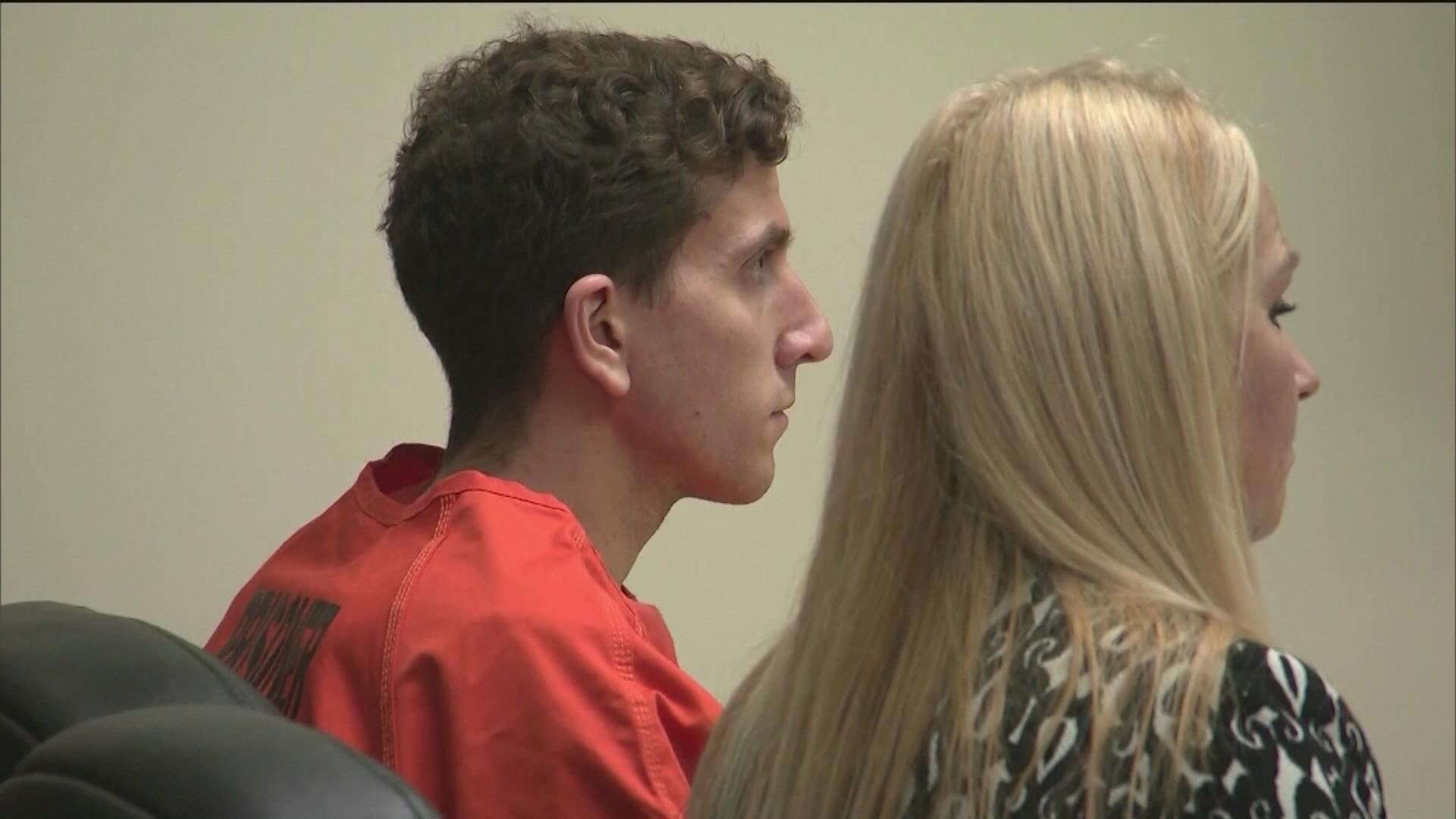MOSCOW, Idaho — Questions arose on social media about a "co-defendant" in the murders of four University of Idaho students after a discovery request was filed by the homicide suspect's attorney, Anne Taylor -- but the request is just verbatim to Idaho Criminal Rule 16.
Taylor is representing Bryan Kohberger, accused of killing the four students on Nov. 13 in a home in Moscow. He was extradited from Pennsylvania to Idaho after police filed a "fugitive from justice" warrant in connection with the stabbings of Ethan Chapin, Xana Kernodle, Madison Mogen and Kaylee Goncalves. Police said in an affidavit they found Kohberger through DNA at the scene, tracing his car, phone record patterns and a witness in the home at the time of the murders.
Kohberger's defense attorney filed a request for discovery, which means the prosecution must provide the defense the evidence they have against him. According to Idaho Criminal Rule 16, defense attorneys will use the material provided to "negate the guilt of the accused."
The American Bar Association states, "Discovery enables the parties to know before the trial begins what evidence may be presented. It's designed to prevent 'trial by ambush,' where one side doesn't learn of the other side's evidence or witnesses until the trial, when there's no time to obtain answering evidence."
The discovery request. filed Jan. 10, asks for "statements of co-defendant," which social media began to speculate about -- whether police thought there was someone else involved in the stabbings.
However, the request for discovery seems to be written and filed verbatim from Idaho Criminal Rule 16 -- it says that the prosecuting attorney must provide the following information, including information of a co-defendant, to the defense.
"The prosecuting attorney must permit the defendant to inspect and copy or photograph: (A) any written or recorded statements of a co-defendant; and (B) the substance of any relevant oral statement made by a co-defendant, whether before or after arrest, in response to interrogation by any person known by the co-defendant to be a peace officer or agent of the prosecuting attorney," the rule states. The request says, "Any written or recorded statements by a codefendant, and the substance of any relevant oral statement made by a co-defendant whether before or after arrest in response to interrogation by any person known by the codefendant to be a peace officer or agent of the prosecuting attorney, or which are otherwise relevant to the offense charged."
Other required information to be disclosed includes documents, prior records of the defendant, reports of examination and tests, expert witnesses, police reports, etc -- which is also listed verbatim from Idaho Criminal Rule 16 within Taylor's discovery request.
Police cannot speak on the matter due to a dissemination order restricting them from speaking about the case, so it's unclear if they have any other suspects in the homicide investigation -- but the use of standardized language within the discovery request will encompass anything the defense may need at a later date.
Kohberger waived his right to a speedy preliminary hearing on Thursday. His next hearing date in Latah County will take place on June 26 at 9 a.m. PST.
Watch more coverage of this story
Ongoing coverage of the University of Idaho investigation can be found in our YouTube playlist:

